| CHAPTER 2
GENERAL DUTIES OF DIRECTORS
170 Scope and nature of general duties (1) The general duties specified in sections 171 to 177 are owed by a director of a company to the company.
|
ГЛАВА 2 Закона о компаниях 2006
Общие обязанности директоров
Ст. 170. Общие обязанности директоров
Общие обязанности директоров определены в статьях 171-177.
|
| (2) A person who ceases to be a director continues to be subject—
(a) to the duty in section 175 (duty to avoid conflicts of interest) as regards the exploitation of any property, information or opportunity of which he became aware at a time when he was a director, and (b) to the duty in section 176 (duty not to accept benefits from third parties) as regards things done or omitted by him before he ceased to be a director. To that extent those duties apply to a former director as to a director, subject to any necessary adaptations. (3) The general duties are based on certain common law rules and equitable principles as they apply in relation to directors and have effect in place of those rules and principles as regards the duties owed to a company by a director. (4) The general duties shall be interpreted and applied in the same way as common law rules or equitable principles, and regard shall be had to the corresponding common law rules and equitable principles in interpreting and applying the general duties. (5) The general duties apply to shadow directors where, and to the extent that, the corresponding common law rules or equitable principles so apply. |
Ст.171 Обязанность действовать в рамках полномочий.
Ст. 172 Обязанность содействовать успеху компании. Ст. 173 Обязанность осуществлять независимость суждения (судить независимо) (1) Директор компании должен независимо принимать решение (суждение). (2) Эта обязанность не нарушается его действиями: (a) В соответствии с соглашением, должным образом заключенным с компанией, которое ограничивает последующее осуществление полномочий директорами, или (b) Утвержденная (принятая) Уставом компании.
|
| 174 Duty to exercise reasonable care, skill and diligence(1) A director of a company must exercise reasonable care, skill and diligence.(2) This means the care, skill and diligence that would be exercised by areasonably diligent person with—(a) the general knowledge, skill and experience that may reasonably beexpected of a person carrying out the functions carried out by thedirector in relation to the company, and | Ст. 174 Обязанность действовать с разумной осторожностью (reasonable care), используя свою квалификацию, с должной степенью усердия (skill and diligence). |
| 175 Duty to avoid conflicts of interest
(1) A director of a company must avoid a situation in which he has, or can have, adirect or indirect interest that conflicts, or possibly may conflict, with theinterests of the company.(2) This applies in particular to the exploitation of any property, information oropportunity (and it is immaterial whether the company could take advantage of the property, information or opportunity). (3) This duty does not apply to a conflict of interest arising in relation to a transaction or arrangement with the company. (4) This duty is not infringed— (a) if the situation cannot reasonably be regarded as likely to give rise to a conflict of interest; or (b) if the matter has been authorised by the directors. (5) Authorisation may be given by the directors— (a) where the company is a private company and nothing in the company’s constitution invalidates such authorisation, by the matter being proposed to and authorised by the directors; or (b) where the company is a public company and its constitution includes provision enabling the directors to authorise the matter, by the matter being proposed to and authorised by them in accordance with the constitution. (6) The authorisation is effective only if— (a) any requirement as to the quorum at the meeting at which the matter is considered is met without counting the director in question or any other interested director, and (b) the matter was agreed to without their voting or would have been agreed to if their votes had not been counted. (7) Any reference in this section to a conflict |
ст. 175 Обязанность избегать конфликта интересов
(1) Директор компании должен избегать ситуации, в которой он имеет или может иметь прямой или косвенный интерес, который вступает в конфликт или, вероятно, может вступить в конфликт с интересами компании. (2) Это применяется, в частности, к использованию любой собственности, информации или возможности (при этом не существенно, может ли компания получить преимущество от использования собственности, информации или возможности). (3) Эта обязанность не применяется к конфликту интересов в связи со сделкой или договоренностью с компанией. (4) Эта обязанность не нарушается- (a) Если эту ситуацию нельзя рассматривать как ситуацию, которая может привести к конфликту интересов; или (b) Если этот вопрос был одобрен (authorised) директорами. (5) Одобрение может осуществляться директорами- (a) Если компания является частной и никакое положение Устава компании не лишает силы такое одобрение, причем вопрос выносится на одобрение и одобряется директорами; или (b) Если компания является публичной и ее Устав включает положения, позволяющие директорам одобрять вопрос, причем данный вопрос выносится на одобрение и одобряется ими в соответствии с Уставом. (6) Одобрение эффективно только если: (a) Любое требование относительно кворума на собрании, на котором рассматривается вопрос, удовлетворяется не считая данного заинтересованного директора или любого другого заинтересованного директора и (b) Вопрос был согласован без их голосования или был бы согласован, если бы их голоса не считались. (7) Любая ссылка в этой статье на конфликт интересов включает конфликт интересов и обязанностей и конфликт обязанностей. |
| 176 Duty not to accept benefits from third parties(1) A director of a company must not accept a benefit from a third party conferredby reason of—(a) his being a director, or(b) his doing (or not doing) anything as director.(2) A “third party” means a person other than the company, an associated bodycorporate or a person acting on behalf of the company or an associated bodycorporate.
(3) Benefits received by a director from a person by whom his services (as a director or otherwise) are provided to the company are not regarded as conferred by a third party. (4) This duty is not infringed if the acceptance of the benefit cannot reasonably be regarded as likely to give rise to a conflict of interest. (5) Any reference in this section to a conflict of interest includes a conflict of interest and duty and a conflict of duties. |
Ст. 176 Обязанность не принимать выгоду от третьих лиц
(1) директор компании не должен принимать выгоду от третьей стороны на основании того, что:(a) Он является директором.(b) Совершает либо воздерживается от совершения действий в качества директора.(2) Третья сторона означает лицо, отличное от компании, ассоциированного юридического лица, или лица, действующего от имени такой компании или ассоциированного юридического лица. |
| 177 Duty to declare interest in proposed transaction or arrangement
(1) If a director of a company is in any way, directly or indirectly, interested in aproposed transaction or arrangement with the company, he must declare thenature and extent of that interest to the other directors. (2) The declaration may (but need not) be made— (a) at a meeting of the directors, or (b) by notice to the directors in accordance with— (i) section 184 (notice in writing), or (ii) section 185 (general notice). (3) If a declaration of interest under this section proves to be, or becomes, inaccurate or incomplete, a further declaration must be made. (4) Any declaration required by this section must be made before the company enters into the transaction or arrangement. (5) This section does not require a declaration of an interest of which the director is not aware or where the director is not aware of the transaction or arrangement in question. For this purpose a director is treated as being aware of matters of which he ought reasonably to be aware. (6) A director need not declare an interest— (a) if it cannot reasonably be regarded as likely to give rise to a conflict of interest; (b) if, or to the extent that, the other directors are already aware of it (and for this purpose the other directors are treated as aware of anything of which they ought reasonably to be aware); or (c) if, or to the extent that, it concerns terms of his service contract that have been or are to be considered— (i) by a meeting of the directors, or (ii) by a committee of the directors |
Ст. 177 Обязанность сообщать о наличии интереса в предлагаемой сделке или договоренности
1. Если директор компании в любом случае, прямо или косвенно, заинтересован в предлагаемой сделке или договоренности с компанией, он должен сообщить характер и степень этой заинтересованности другим директорам. 2. Уведомление может (но не должно) быть сделано: (a) на заседании совета директоров (meeting of the directors), или (b) путем уведомления директоров по правилам, установленным-(i) статьей 184 (письменное уведомление), или(ii) статьей 185 (общее уведомление). 3. Если сообщение о заинтересованности (declaration of interest) в соответствии с настоящий статьей оказывается или становится неточным или неполным, в дальнейшем необходимо представить новое сообщение. 4. Любые сообщения, требуемые этой статьей, должны быть сделаны перед тем, как компания вступит в сделку или договоренность. 5. Эта статья не требует сообщать о заинтересованности, о которой директор не знает, либо о сделке или договоренности, о существовании которых директору не известно. Для этой цели директор считается осведомленным о делах, о которых ему следовало бы знать по логике вещей. 6. Директору не нужно заявлять о соей заинтересованности (a) Если данную заинтересованность нельзя по логике вещей рассматривать как заинтересованность, которая может вызвать конфликт интересов; (b) Если, или в той степени, в которой другие директора уже знают об этой заинтересованности (для этой цели другие директора рассматриваются как знающие все, что им по логике вещей следовало бы знать; или (c) Если в той степени, в которой она касается условий его трудового договора, который уже рассмотрен или должен рассматриваться (i) заседанием совета директоров, или (ii) коммитетом директоров, назначенных для этой цели в соответствии с уставом компании |
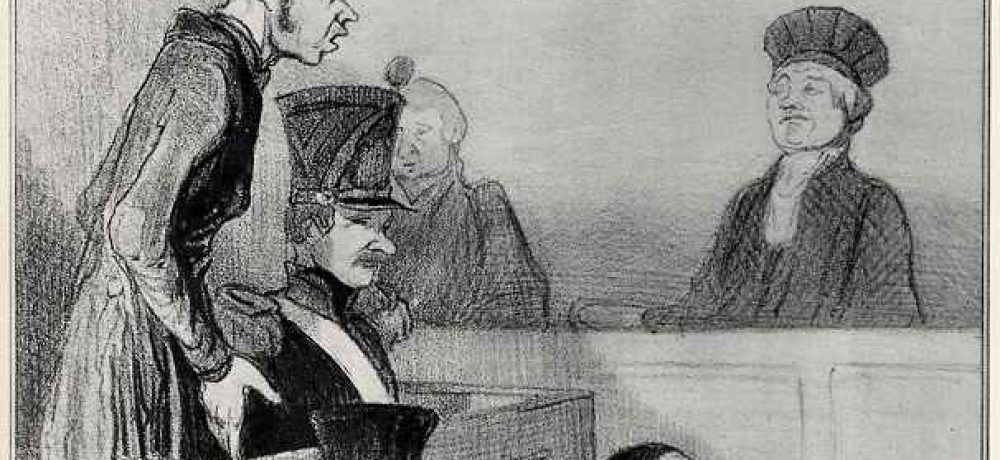

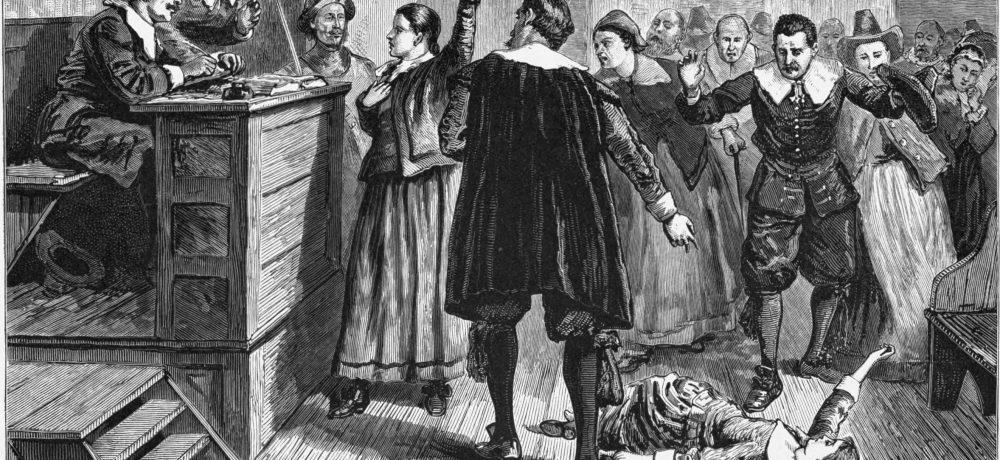
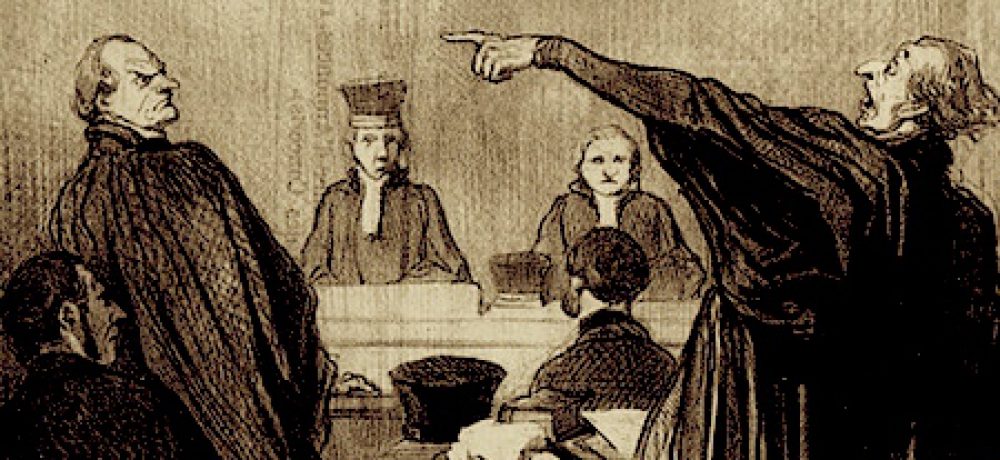
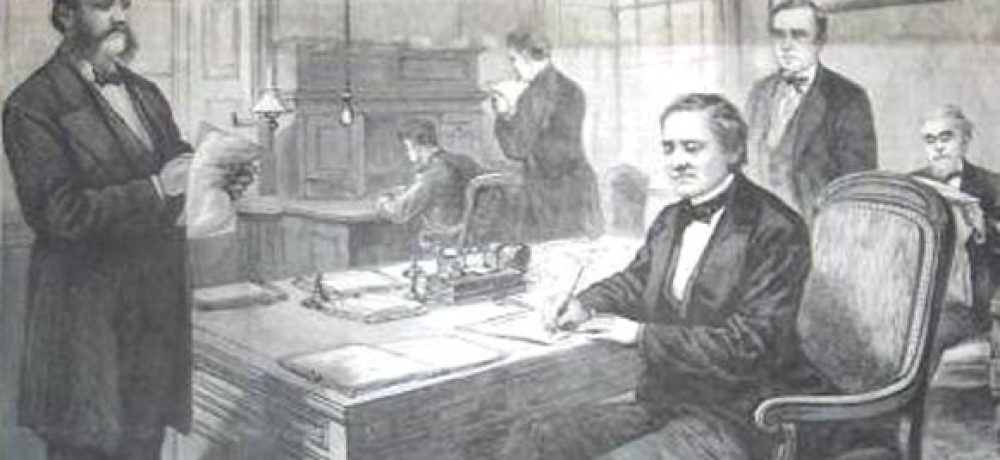

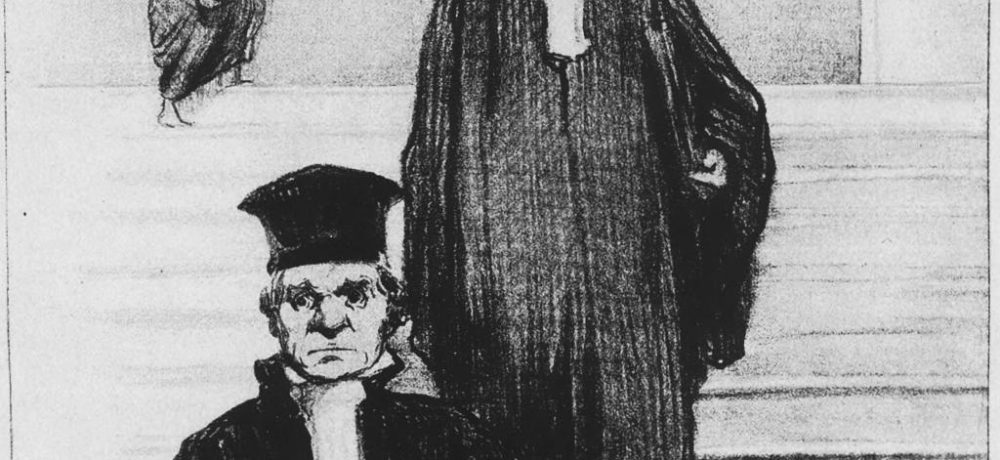
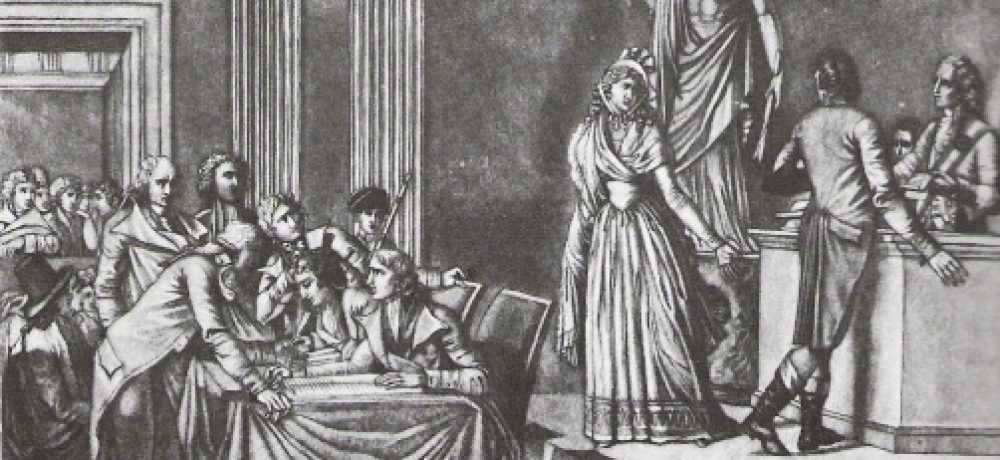



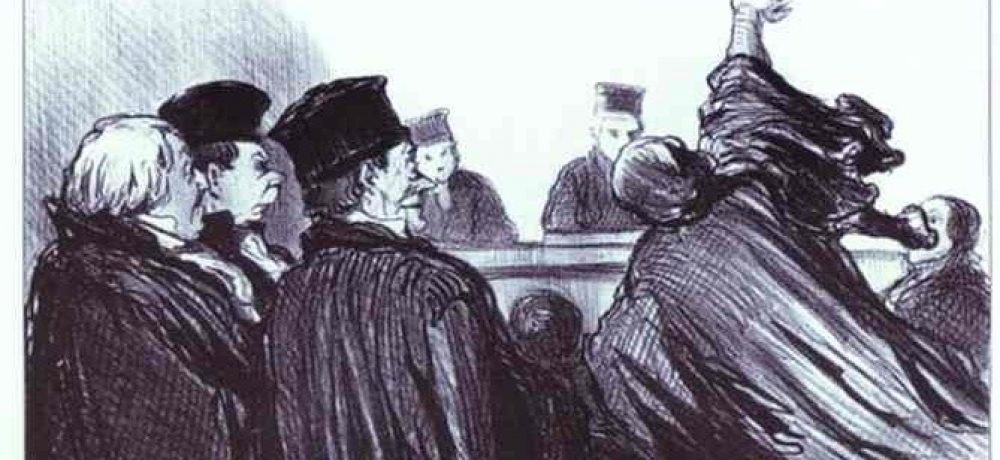
Добавить комментарий